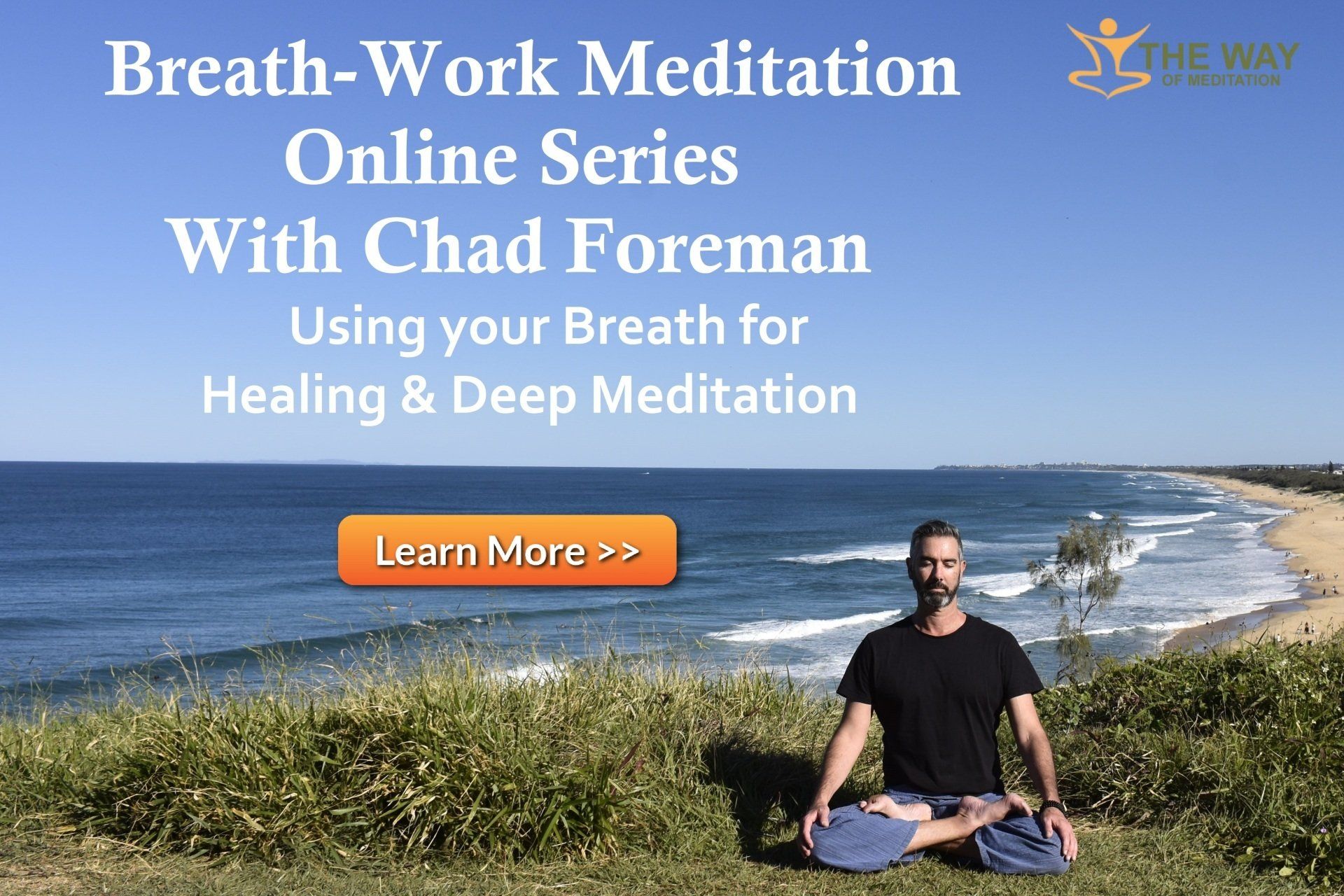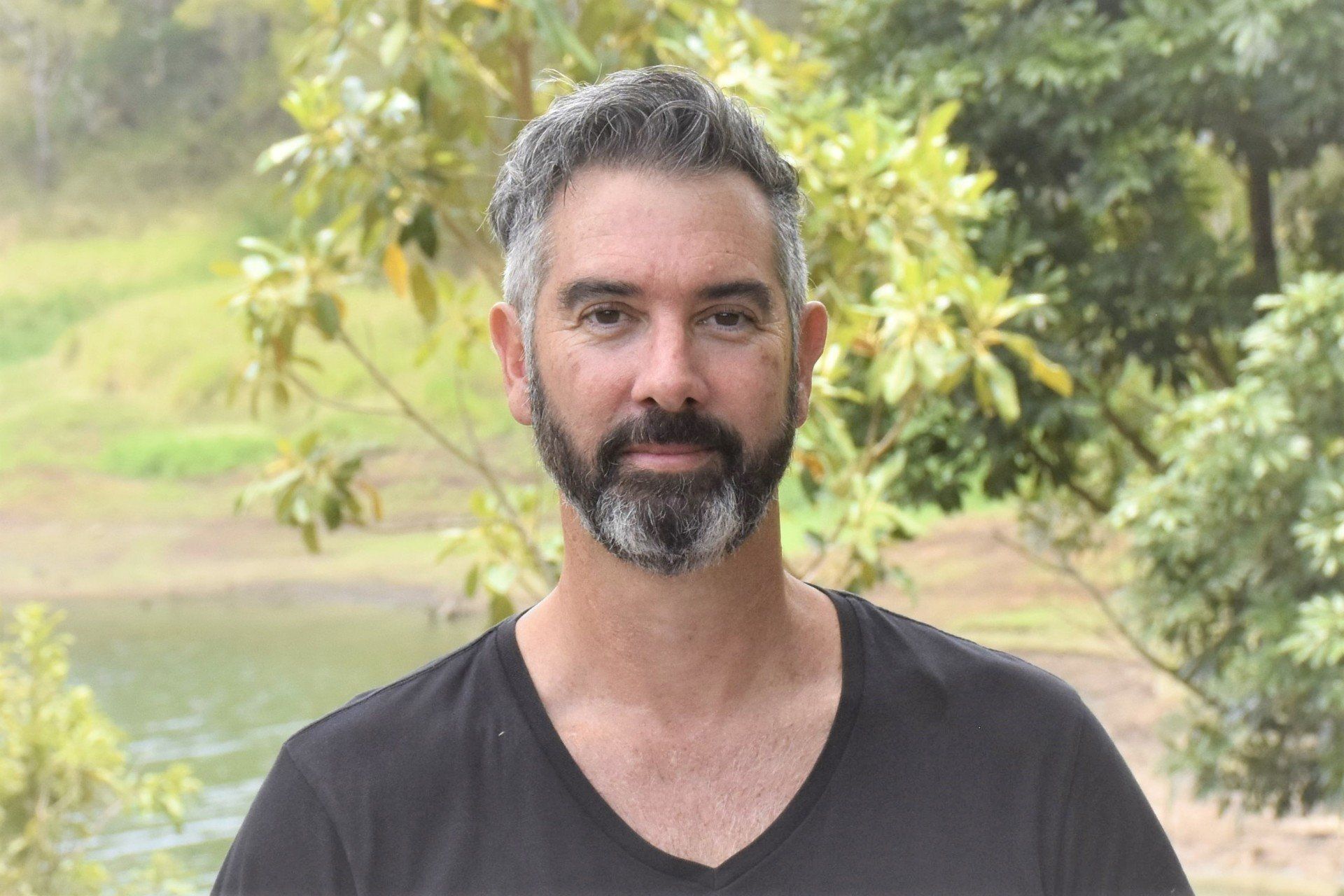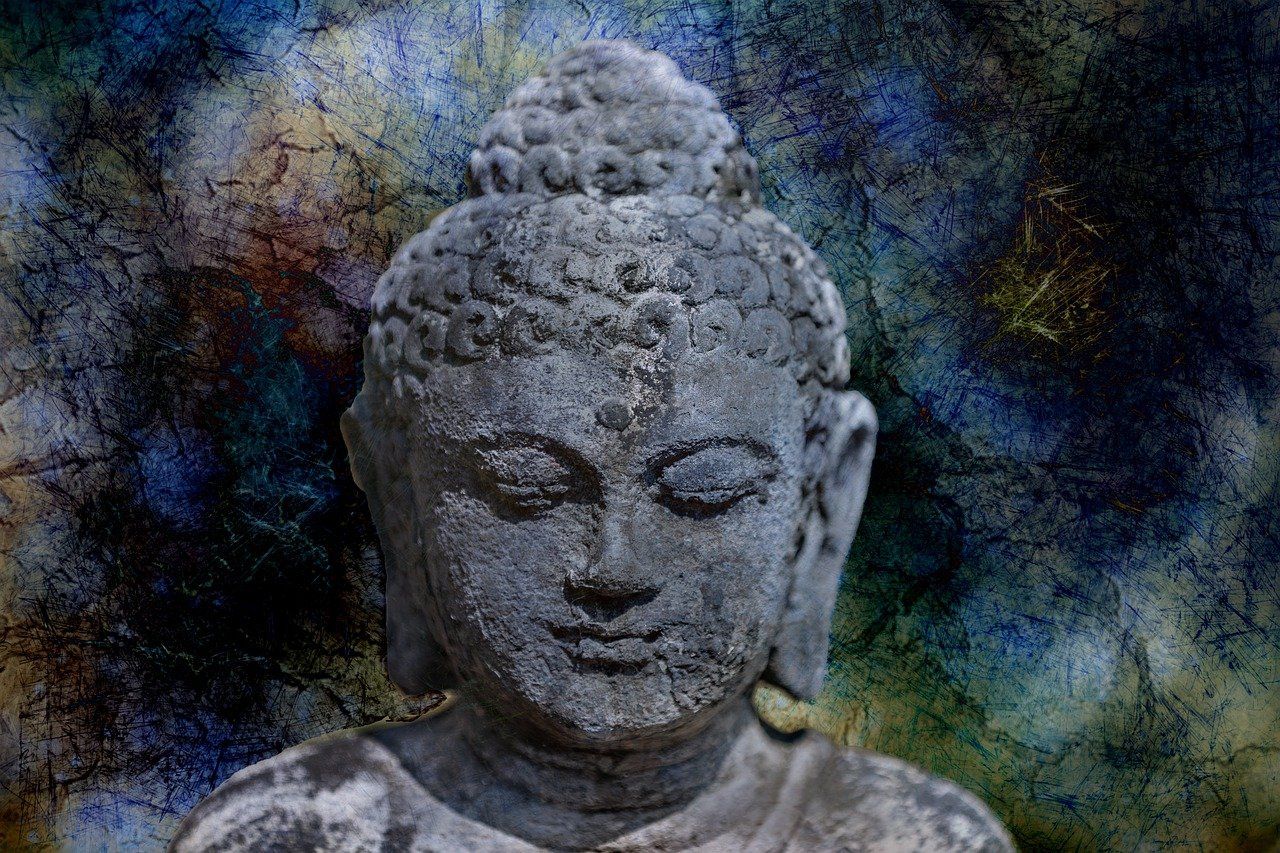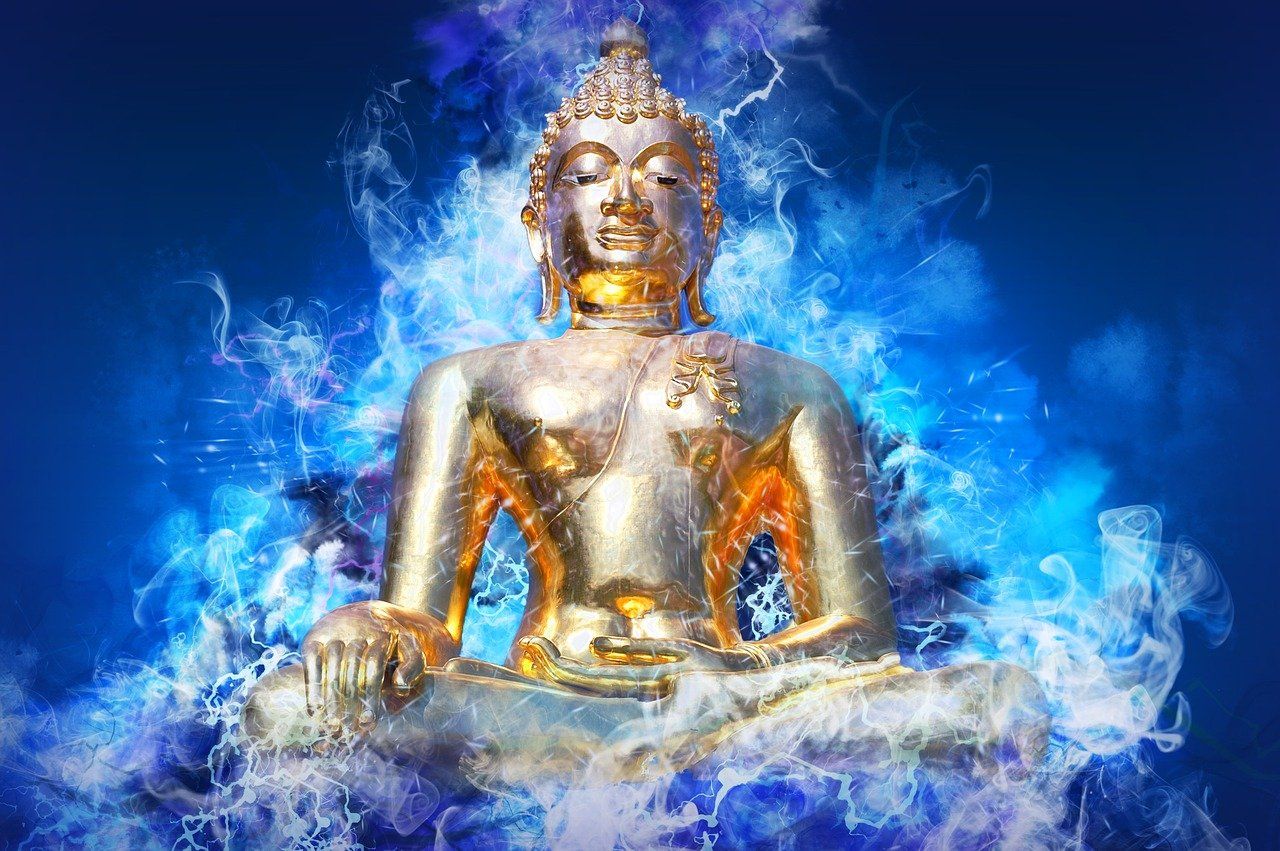Daily Meditation Practice
Daily meditation practice is an essential part of a mentally healthy life. The enormous
scientifically proven benefits of meditation make it as vital to good health as exercise or nutritious food and yet so many people struggle to make it a daily routine in their lives. These five tips are a great way to establish a daily routine and make meditation an enjoyable part of every day.
1) Meditate at the same time every day.
We all have an internal ‘body clock’ which can be programmed. By choosing to meditate at the same time every day it becomes a set routine and is much easier to keep the commitment. The best times are either 20 minutes after you have woken up or an hour before you usually go to sleep. It’s also best not to meditate straight after eating because your body naturally gets tired after eating and that can detract from the clarity of meditation and make you prone to drifting into a dull sleepy state.
2) Have a special place in your home for daily meditation.
Meditation is the greatest gift you can give yourself, it helps to de-stress, release physical and emotional tension, gian clarity and perspective and keep you in touch with that quiet stillness within. Therefore your meditation practice deserves a at least a small corner somewhere in your home dedicated and set up specifically for meditation training with your favourite meditation cushion stool or chair. This helps to honour your practice and show that you respect it enough to afford it some room in your life.
3) Use a timer.
Make your commitment for your daily meditation to sit for at least 20 minutes a day. Setting the timer for 20 minutes when you sit helps to forget about the time and so you can relax and enter into a deep and peaceful meditation. It’s also important not to go over time, get up quietly bringing your meditative awareness with you when you get up. Don’t cut the meditation short if your struggling and don’t go overtime when you are enjoying it. This helps to make it a regular and a normal routine.
4) Switch off.
Don’t forget to switch off phones and other devices, also let anyone else in the house know that you are not to be disturbed for the time of your meditation. This creates a sacred and quiet space to practice meditation, some genuine personal alone time which is so important. Remember that you don’t just meditate for yourself, instead you are taking the ‘time out’ of your day to becoming clearer, calmer and wiser – this will not just benefit you but will help your entire family and everyone else in your life.
5) Trust the process.
It’s important not to judge every meditation or think that it’s not working. Trust the process. Some meditation sits will be difficult others will be pleasant it depends what state of mind you come to your cushion with. Don’t expect miracles with meditation. My teachers have said that meditation is very ordinary its simply being aware of what’s going on without reacting to it. As stated above meditation has
enormous benefits
but sometimes the benefits from meditation come during the day and not on the cushion or sometimes there won’t be any difference at all, because there will simply be an absence of stress or anxiety or distraction which will just feel normal rather than extraordinary. For How to Practice Daily Meditation
see full instructions
here .
Written by Chad Foreman
Chad Foreman is the founder of The Way of Meditation, has been teaching meditation since 2003, determined to bring authentic meditation practices into the lives of millions of people in the modern world. Chad is a former Buddhist monk who spent 6 years living in a retreat hut studying and practicing meditation full time and has now has over twenty years’ experience teaching meditation. Chad holds regular
Meditation Retreats on the Sunshine Coast Australia, has
Online Meditation Coaching, delivers three online programs - The 21 Day Meditation Challenge to help guide people gradually from the basics of mindfulness and relaxation to profound states of awareness.
Breath-work to help manage stress and go deeper into meditation and
The Bliss of Inner Fire which is a Buddhist tantric method for purifying energy blocks and contacting the clear light of bliss. You can also now get Chad's free e-book Insights Along the Way.













